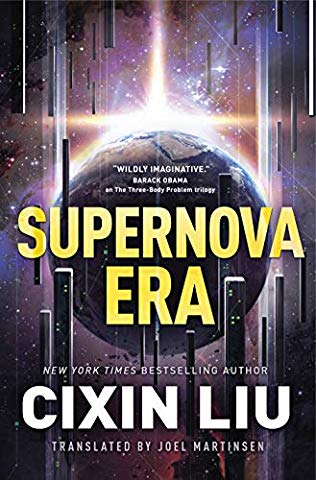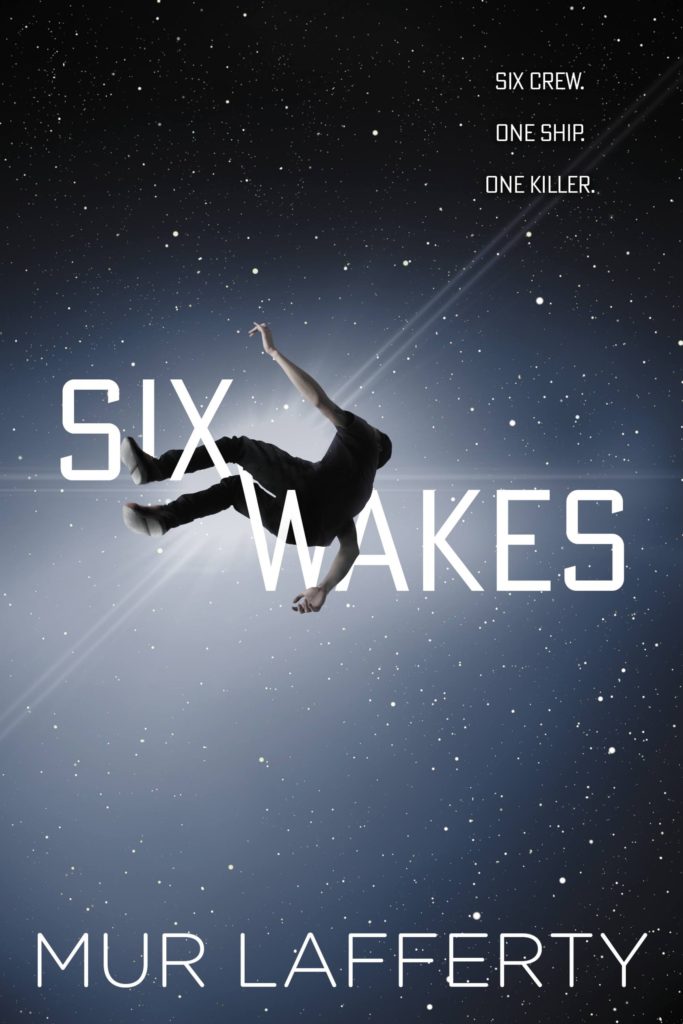
How do librarians choose books for their libraries? If you’ve ever asked that question, pull up a beanbag. You’ve come to the right place. But first, a confession. (This is how all good stories start, right?)
I didn’t set out to become a librarian. I was going to be an archaeologist or a writer. Or both, I guess. I ditched archaeology (you can’t be an archaeologist if you are making Cs and Ds in your classes), but I still write. For the past two decades, though, I have worked in libraries as my 9-5: three public libraries, three academic libraries, and one specialized library (okay, I was summer help at that one).

During college, library work paid better than other campus jobs. Also the librarians were nice and funny, and as a rule (with a few exceptions), librarians like baking and cooking and trying out new recipes. The first library I worked in, every Friday the senior librarians brought in food to make sure their student workers got at least one free, delicious square meal a week. So there was plenty of incentive to stick around. Subsequent library employers held potlucks about once a month. Librarians will find just about any excuse to bring food to work. “It’s Barbara Kingsolver’s birthday!” Or, “Today is the 25th anniversary of E.T.’s theater release.” We can get even geekier. So, really, what’s not to like? Besides access to free books and music (and DVDs when those finally came along).
I’ve been going to libraries since I was a kid attending storytime, so in a way, it made sense for me to work in one. I kind of just . . . never left. Only, now I have my own desk, and among my many tasks, I help develop specific collections for our patrons.
I’m responsible for purchasing items, keeping an eye on their checkout numbers and overall condition, and in general, maintaining a collection wherein patrons find their favorites, but also discover new works. I oversee history, geography & travel; music on CD; religion; graphic novels; and science fiction. Collecting nonfiction and music is a little different than collecting fiction, so I’m just going to talk about science fiction. Huzzah, that’s what we’re here for, right? Right!
The beginning of the fiscal year is always glorious. My director gives me a budget for each of my areas, and I go to work finding titles, using the following:
- Trade journals and/or catalogs
- Print & online reviews
- Patron recommendations
By trade journals, I mean Publisher’s Weekly, Library Journal, etc, which all review titles months in advance of publication, so we can order books and DVDs and audiobooks, and they arrive on their release date.
When I find a title I like (more on that in a minute), it’s time to find reviews. I also read NPR Books, the NY Times Book Review, and then genre-specific journals or publisher sites. I was a huge fan of SF Signal and was very sad when it shuttered, although John DeNardo’s reviews were folded into Kirkus reviews. I like TOR, but I stay away from it at work because it’s a rabbit hole, and I won’t get any ordering done. At work, I can’t afford to get caught up in articles about whether or not Han really shot first. That’s an exaggeration of their offerings — but you get my point.
Also, if you made it this far — fantastic! — you will notice I don’t mention a very popular book-buying company’s website. Personally, I avoid it and its subsidiaries like the plague, because I don’t agree with how they operate (on many levels). I think that would be its own post. For now, let me just say that if I need to find book pricing or publication dates, I head to Indiebound.org, the authors’ sites, or the publishers’ sites.

Criteria I use to determine whether or not to purchase a title:
- Are the reviews favorable?
- Is it popular?
- Is it part of a series? (Do we own the rest of the series?)
- Have other libraries in my system purchased this title?
- Does it fill a gap in our collection?
- Would a majority of my patrons like to read it?
- How were the checkout statistics for this author’s other books?
That’s a lot of questions, doncha know. Luckily every question doesn’t apply to each title’s consideration. I also try to collect international science fiction and/or science fiction and fantasy written by authors of color.
Above all, the cardinal rule of collection development is this: Know your audience. I know my patrons will want to read Ann Leckie, Kim Stanley Robinson, etc. So some titles and/or authors are automatic purchases. There are exceptions — if you’ve ever wondered why a library owns Book 1 and 2 of A Series, but not Book 3, it might have to do with demand. Books 1 & 2 might do very well at Library Z, but Library X’s community didn’t check them out enough. (It happens.) So Library X couldn’t justify purchasing Book 3. Different communities use their libraries in different ways. While everyone should be able to walk into any library and find the classics — To Kill A Mockingbird, for example — the library’s own community helps determine what goes into a collection, whether directly (through recommendations) or indirectly (through librarian monitoring of checkout statistics, etc). But that’s where the fun of browsing and discovery comes in.
So when I said “when I find a title I like” earlier, I mean — it doesn’t matter what I like. As a librarian, I don’t buy for myself. I am paid to buy titles for the taxpayers in my municipality. As I peruse trade journals and websites, I keep my patrons in mind. I select titles that will be of general interest; titles that I think my patrons might want to read, based on circulation statistics and what I see patrons pick up when they peruse the collection.
Wait, what? Let me backpedal. No, librarians don’t spy on our patrons. That’s not our job. Libraries provide access to information and stories. What people are reading makes very little difference to us — except in terms of popularity, checkouts, and potential reading recommendations to others.
But yes, if we see you pick up a title we like, that makes us happy. But if you don’t want us to talk about it with you, we won’t. But if you do, we are ready to geek out with you.

A lot of people, librarians included, use the library as 1) a place to discover new information and stories and 2) quality control. Besides discovering science fiction, using the library has helped me with: comedy writing, migraines, American Indian issues, social justice, and medieval history. Add in the fiction genres and sub-genres I like to read, and that’s quite the gamut, isn’t it? And all for free. But if I like a book (or DVD, etc), I’ll order a copy for myself. (Not through the library, though. On my own.) And a lot of librarians and patrons are the same way.
And that, dear readers, is a nutshell introduction to library collection development.
Side note: I’m not even gonna talk about ebooks, TOR’s experiment, and what-have-you. I know that’s hot right now, but it’s been covered elsewhere in the news recently. Let’s just say ebooks are very expensive for libraries and there are more nuances to this entire situation than I can enumerate at the moment.
I order more books for the library than I could ever keep up with. Depending on what we order — and how many of each title! — our distributor sends us at least 3-5 boxes a week, and sometimes as many as 10. (Usually near the beginning of the fiscal year.) It’s like the holidays. All these shiny new books, just waiting to hit the shelf, hoping someone will discover them. My library publishes a list of everything we receive every month, and the list of titles almost always numbers in the hundreds. THE HUNDREDS. And we’re a smaller library compared to some.
So. Friendly PSA: head on over to your local library! You never know what you’ll find on the shelf.

This is fascinating! Thanks for sharing the inside scoop! It’s been ages since I’ve been able to make use of a local library, something I look forward to correcting!
You’re welcome! And I hope you enjoy making use of your library. So many things to discover!